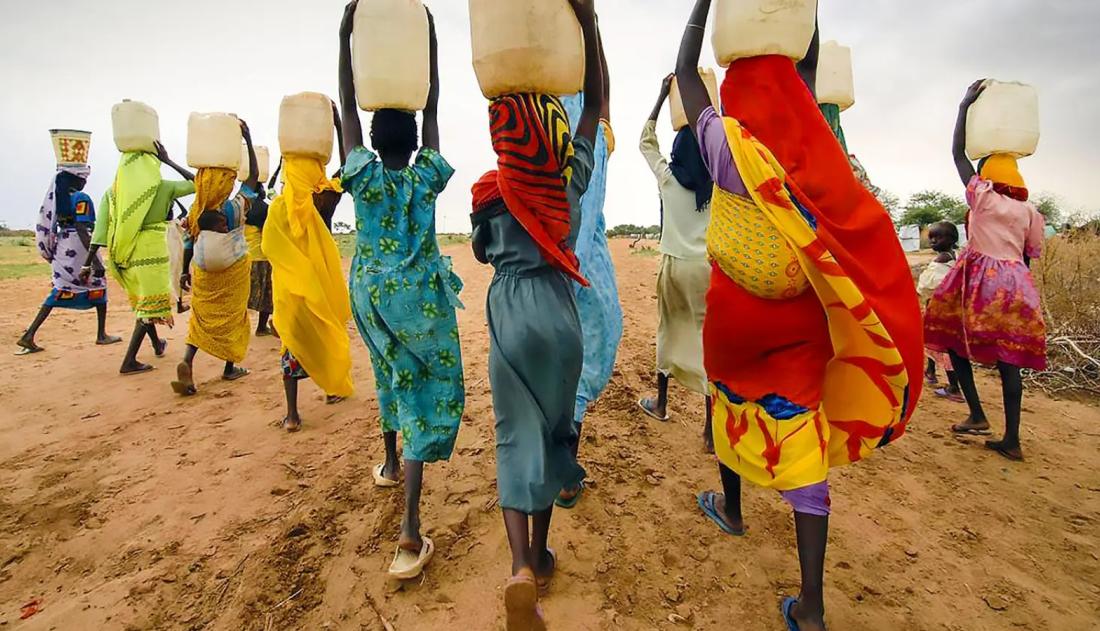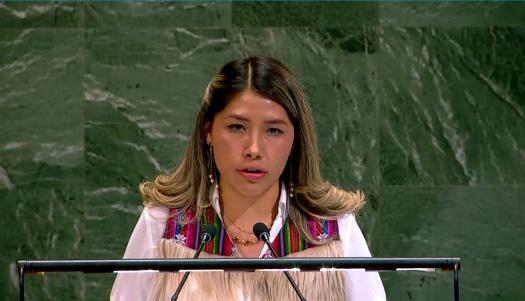
The United Nations General Assembly has decided to convene the "Second World Summit for Social Development" in 2025, to address gaps and recommit to the principles outlined in the 1995 Copenhagen Declaration on Social Development and Programme of Action and give momentum towards the implementation of the 2030 Agenda for Sustainable Development.
The social summit is taking place almost 30 years after the historic first World Summit For Social Development, where heads of state and government set out an ambitious common vision of social development aimed at social justice, solidarity, harmony and equality within and among countries. The Summit adopted the 1995 Copenhagen Declaration and Programme of Action to place people at the centre of development, with 10 commitments including eradication poverty, reducing inequality, promoting full employment and social inclusion.
Although acknowledging the progress made since 1995, the resolution adopted by the UN General Assembly expresses serious concern that advancements have been slow and uneven, with significant gaps still existing. The 2025 social summit aims to reinvigorate support for the commitments made in Copenhagen, while also aligning with the UN's 2030 Agenda for Sustainable Development.
In preparation for the social summit, the resolution requires the President of the UN General Assembly to appoint two co-facilitators - one from a developing nation and one from a developed country - to lead the intergovernmental preparatory process. Their main responsibility will be to shape both the summit's procedures and its outcome document, which is described as " a short and concise political declaration adopted by consensus," which, "should have a social development approach and give momentum towards the implementation of the 2030 Agenda."
The resolution was co-sponsored by Belgium, Chile, Denmark, Dominican Republic, Kazakhstan, Montenegro, Morocco, Portugal, Singapore, South Africa, Spain, Viet Nam and Zambia. After the submission of the draft resolution, the following countries also became co-sponsors: Andorra, Austria, Bosnia and Herzegovina, Bulgaria, Botswana, Cabo Verde, Cambodia, China, Croatia, Cyprus, Czechia, Equatorial Guinea, Eswatini, Finland, France, Georgia, Germany, Greece, Iceland, Ireland, Italy, Kyrgyzstan, Latvia, Lesotho, Luxembourg, Malawi, Maldives, Malta, Monaco, Mozambique, Netherlands (Kingdom of the), North Macedonia, Poland, Republic of Moldova, San Marino, Slovakia, Slovenia, Sri Lanka, Sweden, Switzerland, Tajikistan, Togo, Türkiye, Turkmenistan and Uzbekistan.
Now that the resolution has been approved, focus will shift to developing a roadmap to ensure the success of the social summit in mobilizing collective action on the world's most urgent social issues.
Download the resolution in all six official languages of the United Nations.
For more information, please visit: https://social.desa.un.org/second-world-summit-for-social-development
 Welcome to the United Nations
Welcome to the United Nations


